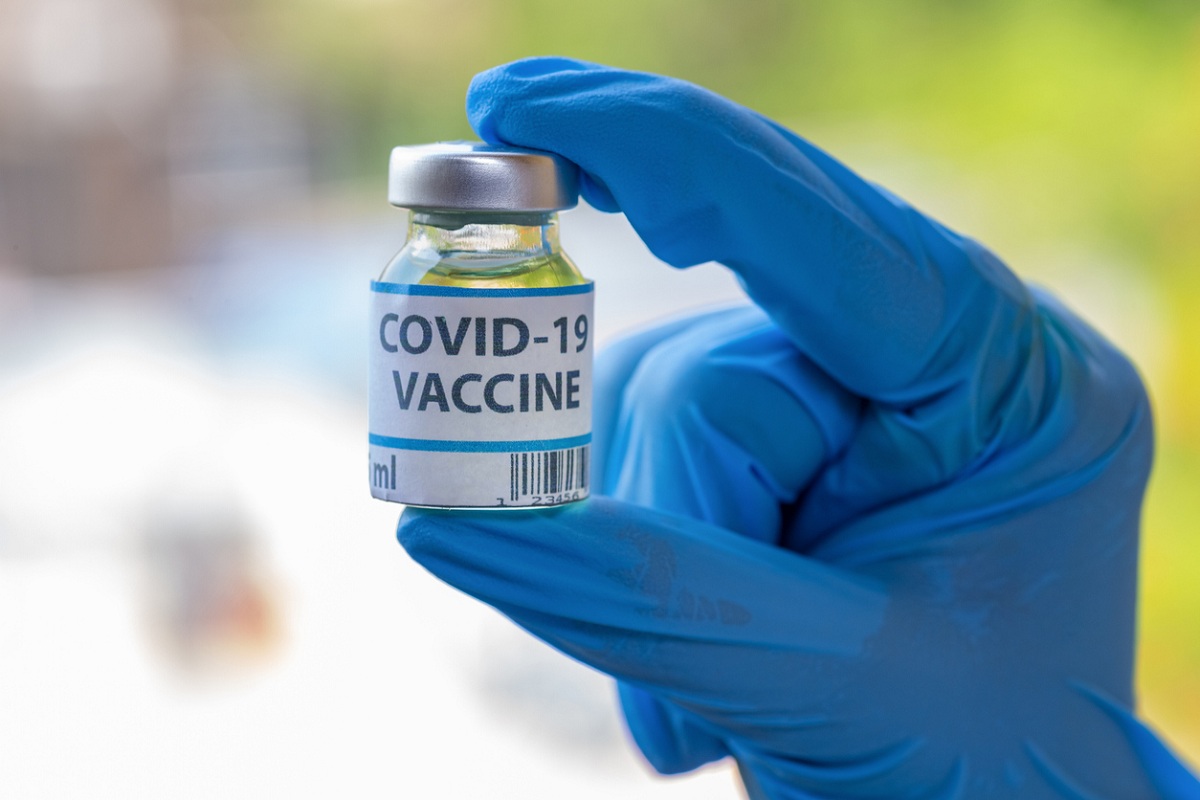The advisory issued by the United Kingdom after three persons administered the PfizerBioNtech vaccine against coronavirus developed severe reactions encapsulates the concerns voiced by those who believed accelerated clinical trials of the sort the world has seen over the past few months were fraught with risk. UK officials have now advised people with a history of “significant allergies” not to take the vaccine after two reports of anaphylaxis and one of a possible severe reaction.
Anaphylaxis is a condition that can cause the throat to swell, and lead to breathing difficulties and trouble in swallowing. While this is a general advisory, there is as yet no word on the precise allergies that could get triggered, which in effect would suggest this was not an aspect covered ~ or one that was ignored ~ by the clinical trials that preceded certification of the vaccine for use in the UK. Indeed, so fuzzy is the science on the subject that UK authorities were amending advisories on the fly as reports of severe reactions started to come in.
Advertisement
First, health authorities advised those with a history of a “significant allergic reaction to a vaccine, medicine or food” not to take the shot and then amended the caution to exclude food allergies.
At least one report suggests that Pfizer had excluded people with a history of significant adverse reactions to vaccines or to the ingredients of its product from late stage trials. If so, this would beg the question why Pfizer did not say so publicly before its vaccine was cleared for public use. These reports must alert American and Indian regulators, who are considering authorising emergency use of the vaccine, to ask probing questions of the manufacturer before saying yes.
Without in any way seeking to devalue the near superhuman efforts made by the scientific community around the world to develop vaccine candidates, the commercial and geopolitical aspects of vaccine development cannot be overlooked. Pfizer, BioNTech, AstraZeneca and the others involved in developing an antidote to the virus are at the end of the day commercial enterprises answerable to shareholders.
Successful development and certification by national health authorities will boost both profits and valuations. The race to develop a successful vaccine also has a geopolitical dimension; it was not so long ago that the Russian launch of its SputnikV vaccine was compared to its inaugural foray into space more than six decades ago.
Scientists and epidemiologists have warned that these pressures could lead to corners being cut as manufacturers seek to achieve deadlines that many deem unrealistic given the history of past vaccine developments.
More than anything else, concerns raised in the UK within days of public use being allowed will add to the ranks of those who are predisposed to be hesitant about using vaccines. The scientific community and vaccine manufacturers owe it to the world to cover all bases before launching a product. The cure must not prove worse than the disease.











